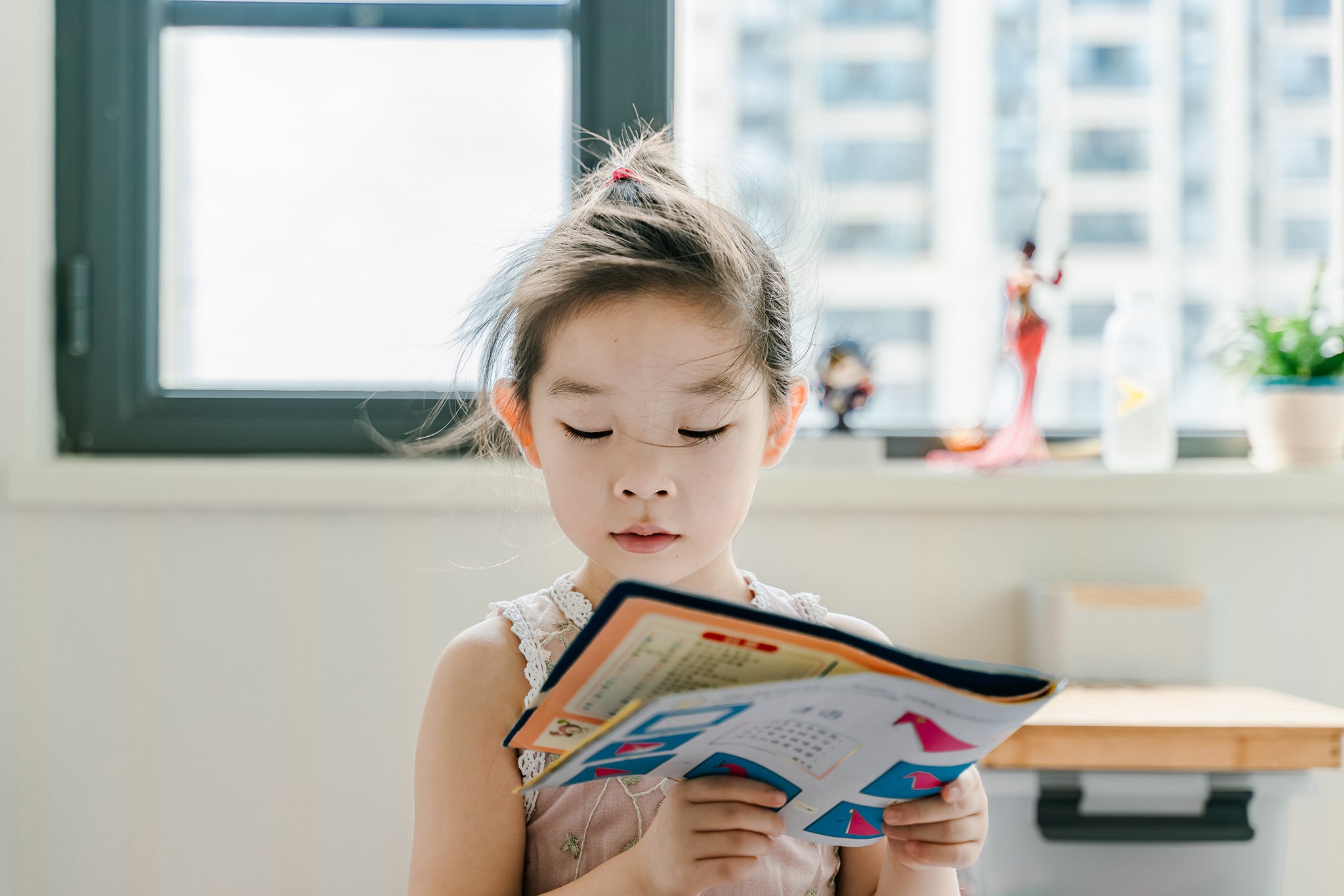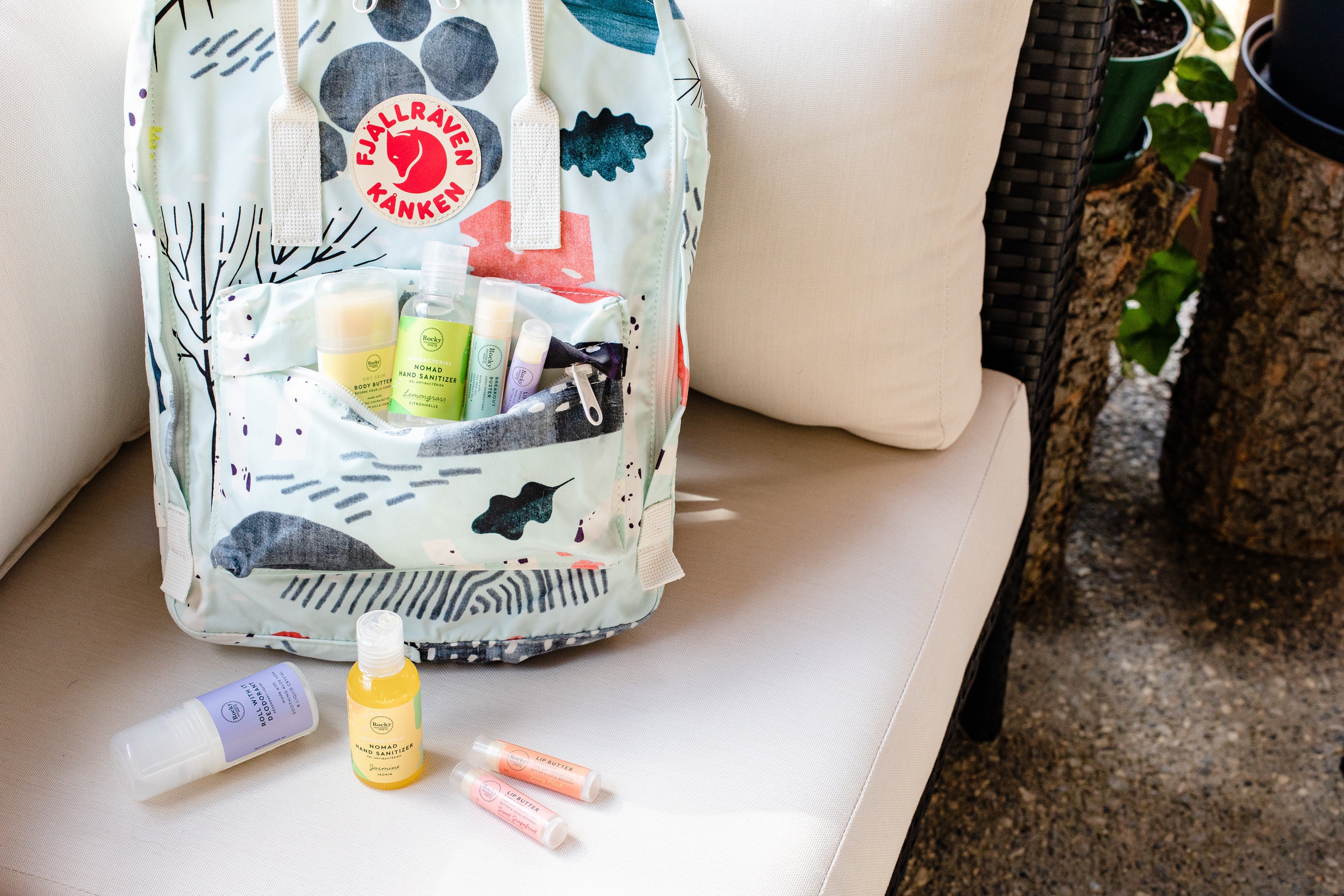
August 27, 2020 3 min read
Remember the first day of school? Picking out the perfect outfit, getting ready to hear about everyone’s adventures and prepping you “How I Spent My Summer Vacation” essays? This year is going to look a little (or a lot) different for your children, and that’s understandably a bit daunting. Whether your little ones are going back to school in person or learning online, routine is key to helping your family stay grounded.
Children and adults alike crave routine to stay healthy, physically and mentally. “Regular routines and a predictable schedule are better for children’s emotional health,” says Dr. Paula Rauch on Harvard Health Publishing. That’s because the predictability of the routine makes them feel safe and secure, the doctor explains. This is because a routine means your child knows what to expect — no surprises. That sense of knowing what’s coming is comforting to them (and probably to you, too). And what better time than now to help your children feel safe?

Routines are not quite the same as a schedule. A schedule is the bigger picture planning, but routines are those small, day-to-day practices that help keep you on track.

You’ve got to put your own oxygen mask on before you help others, right? Make sure to take the time to check in with yourself.
Rocky hack: spritz some Calm Down spray onto your own mask to keep you grounded throughout the day.
Take a deep breath … Pranayama Breathwork sounds complicated, but this is so simple that it only takes 30 seconds, and you can do it anywhere, anytime. Get extra calming power by using some Serenity Oil blend or Stress Away Balm on your palms.
Protip: This kind of deep breathing actually taps into the vagus nerve and activates your parasympathetic nervous system, which helps turn off your stress reaction.
Remember to check in with yourself. This tip came from Canmore-based registered psychologist, Dr. Melissa Jay. You can read our full Q&A with her on the blog.
Comments will be approved before showing up.